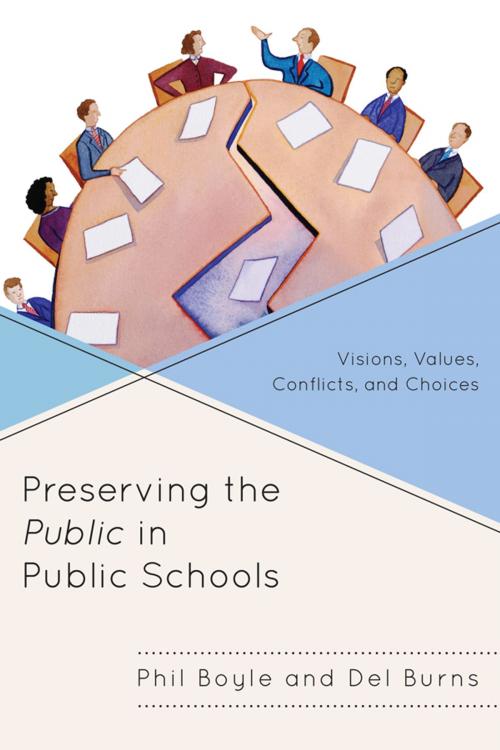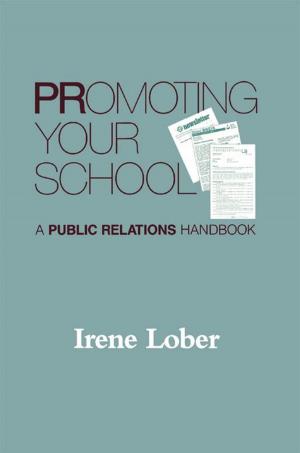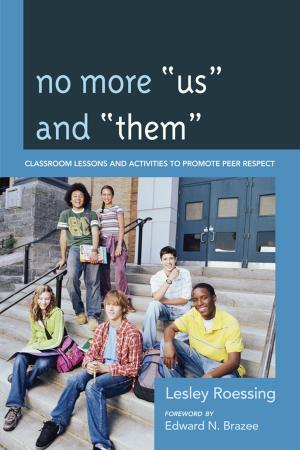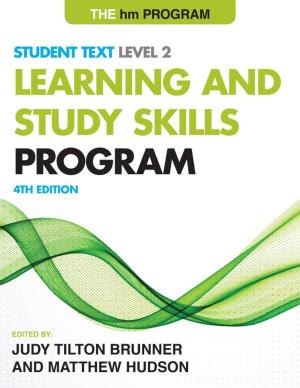Preserving the Public in Public Schools
Visions, Values, Conflicts, and Choices
Nonfiction, Reference & Language, Education & Teaching, Educational Theory, Aims & Objectives, Educational Reform| Author: | Del Burns, Phil Boyle | ISBN: | 9781610485449 |
| Publisher: | R&L Education | Publication: | October 26, 2011 |
| Imprint: | R&L Education | Language: | English |
| Author: | Del Burns, Phil Boyle |
| ISBN: | 9781610485449 |
| Publisher: | R&L Education |
| Publication: | October 26, 2011 |
| Imprint: | R&L Education |
| Language: | English |
What's public about public schools? Why do we invest in educating the next generation of Americans? What is it that drives our common purpose in educating children and at the same time divides us so passionately about how to educate them? Public schools have little to do with children. Schools are political and ideological institutions in which each generation battles among itself for supremacy in determining the purposes, goals and direction of public education. From battles over school lunch to school dress to school prayer, each generation reinterprets and recapitulates the political and ideological arguments that date back to the founding of our nation. More than two centuries after the American Revolution, public schools serve as political battlefields for debates about religious freedom and whether students should be allowed to wear U.S. flag teeshirts. We invite you to join us in an exploration of the purposes of public schools, the competing visions of public education, and the values of the public good that comprise the public in public schools.
What's public about public schools? Why do we invest in educating the next generation of Americans? What is it that drives our common purpose in educating children and at the same time divides us so passionately about how to educate them? Public schools have little to do with children. Schools are political and ideological institutions in which each generation battles among itself for supremacy in determining the purposes, goals and direction of public education. From battles over school lunch to school dress to school prayer, each generation reinterprets and recapitulates the political and ideological arguments that date back to the founding of our nation. More than two centuries after the American Revolution, public schools serve as political battlefields for debates about religious freedom and whether students should be allowed to wear U.S. flag teeshirts. We invite you to join us in an exploration of the purposes of public schools, the competing visions of public education, and the values of the public good that comprise the public in public schools.















